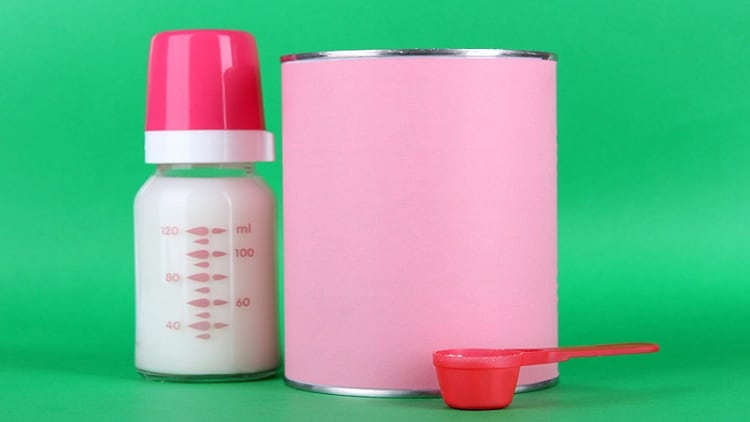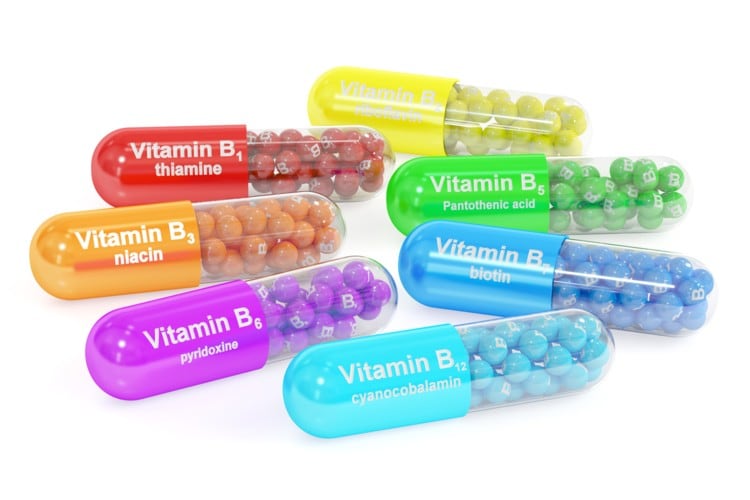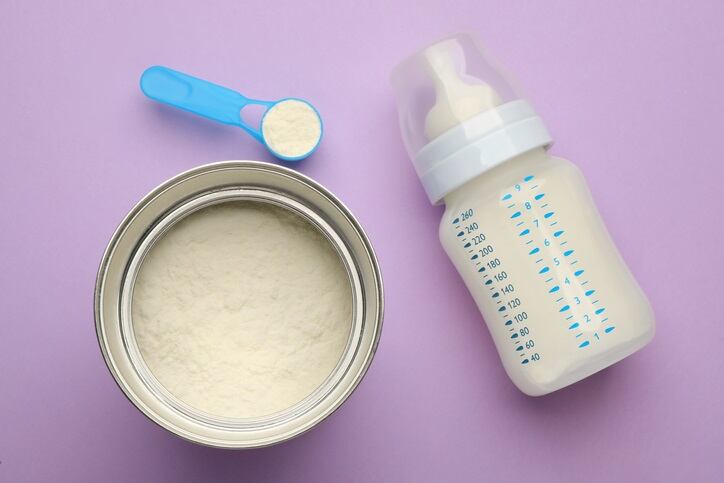The proposed requirements will not only pertain to products made from common milk sources such as cow and goat milk, but could also extend to those made from yak, camel, donkey, and horse milk.
The proposed changes, however, will not affect the infant and toddler formula sector which has a separate set of national standards to adhere to.
In China, nutritional milk formula designed for specific age groups of consumers is a sector where companies are seeking growth opportunities. For example, companies such as Danone has launched milk formulas for consumers aged 40 and above last year, while Nestle had launched milk formulas specifically targeted at school going children.
China’s National Health Commission (NHC) is currently seeking public feedback on the proposed changes.
Under the new proposal, dairy powder refers to processed powdered products that are made using raw milk from one animal species.
Formulated dairy powder, on the other hand, refers to those made by processing raw milk, whole milk or skim milk an added with other raw materials, food additives, food fortifiers. Also, the dairy solids from the main raw materials cannot be less than 70 per cent.
The proposed dairy solids requirement would be stricter than the existing criteria, Cathy Yu, general manager, food business division at Hangzhou-based regulatory consulting firm CIRS told NutraIngredients-Asia.
“In the past, the requirement for dairy solids as a whole in formulated milk powder cannot be less than 70 per cent, but now the authority is stating that dairy solids from the main raw material alone cannot be less than 70 per cent, which is a stricter requirement.”
Yu explained that the intention could be to ensure that protein present in the milk products was derived from dairy solids, instead of non-dairy sources.
The requirement will affect products made from cow’s milk, goat milk, as well as less common animal milk sources, such as yak, camel, horse, and donkey milk.
Another key feature of the proposal is to change the name of the existing Guobiao or national standards from National Food Safety Standards (Dairy Powder) to National Food Safety Standards Dairy Powder and Formulated Dairy Powder).
The National Food Safety Standards (Dairy Powder) was first established in 2017 and implemented in 2020.
The proposed change would better reflect the areas that the national standards were applicable to, Yu said.
“The newly proposed name of the Guobiao (GB or national standards) is clearer, because in the past, it only stated dairy powder, and therefore many enterprises might think that the standards are not applicable to formulated dairy powder when the standards also extend to it in actual fact,” she said.
The public consultation will end before June 30.
The authority is also asking for public feedback on newly established or changes proposed to four other national standards, including those related to food protein, food additives nitrous oxide, and food fortifier including 5-methyltetrahydrofolate (5-MTHF).
Standards for yak, camel, horse, donkey milk
Another change proposed is to extend the requirements to milk derived from other animals apart from cow and goat, namely yak, camel, horse, and donkey.
“By adding milk derived from these animals into the national standards, it will be benefitting to the regulatory status of products made from these milk sources. From here, we can see that the authorities are lending some support to milk powder of cultural significant to China,” Yu said.
Therefore, the Chinese authorities have also proposed that companies indicate the source of their milk powdered products when it is not made from cow’s milk.
For example, cow’s milk powder can simply be labelled as dairy powder or milk powder, while those sourced from goat milk etc will need to be labelled as ‘goat dairy powder’, ‘goat milk powder’, ‘formulated goat milk powder’, or ‘formulated goat dairy powder.’





